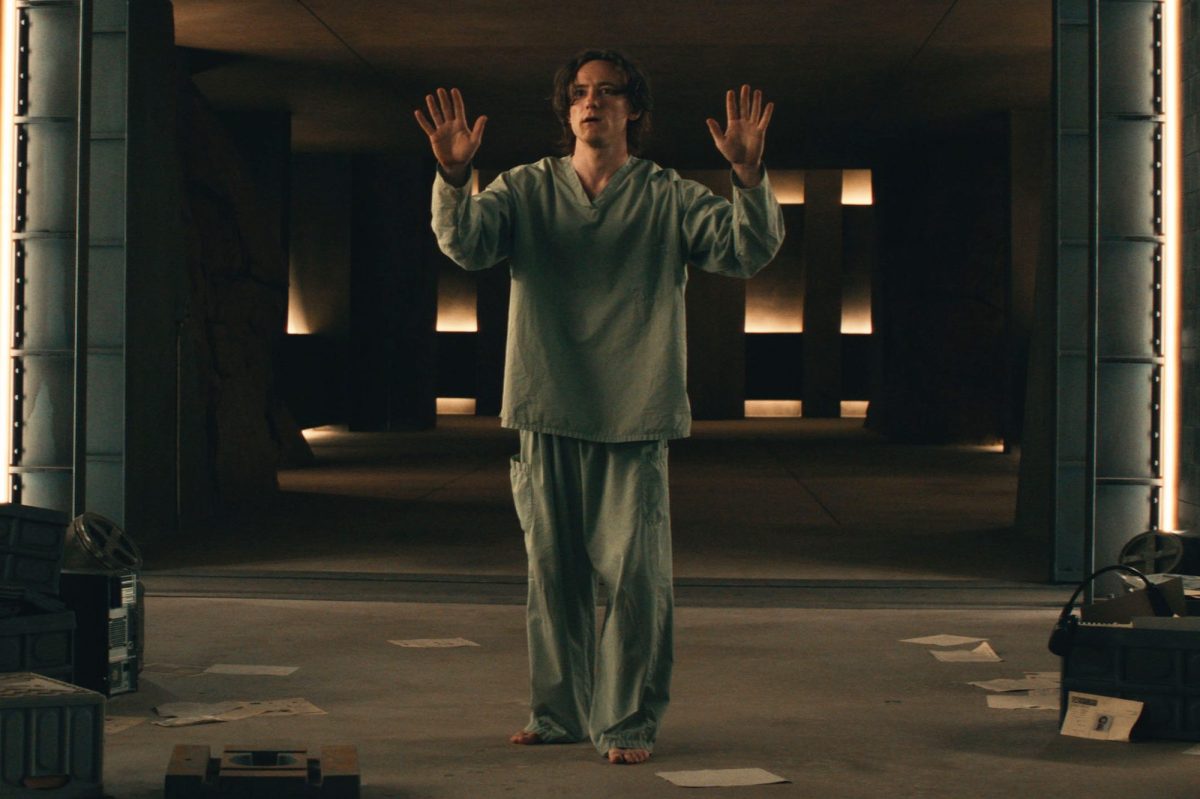By Emily Baulch, University of Sydney
This article contains spoilers and mentions suicidal thoughts, PTSD and bipolar disorder.
Marvel’s men are sad. And that’s a good thing.

By Emily Baulch, University of Sydney
This article contains spoilers and mentions suicidal thoughts, PTSD and bipolar disorder.
Marvel’s men are sad. And that’s a good thing.